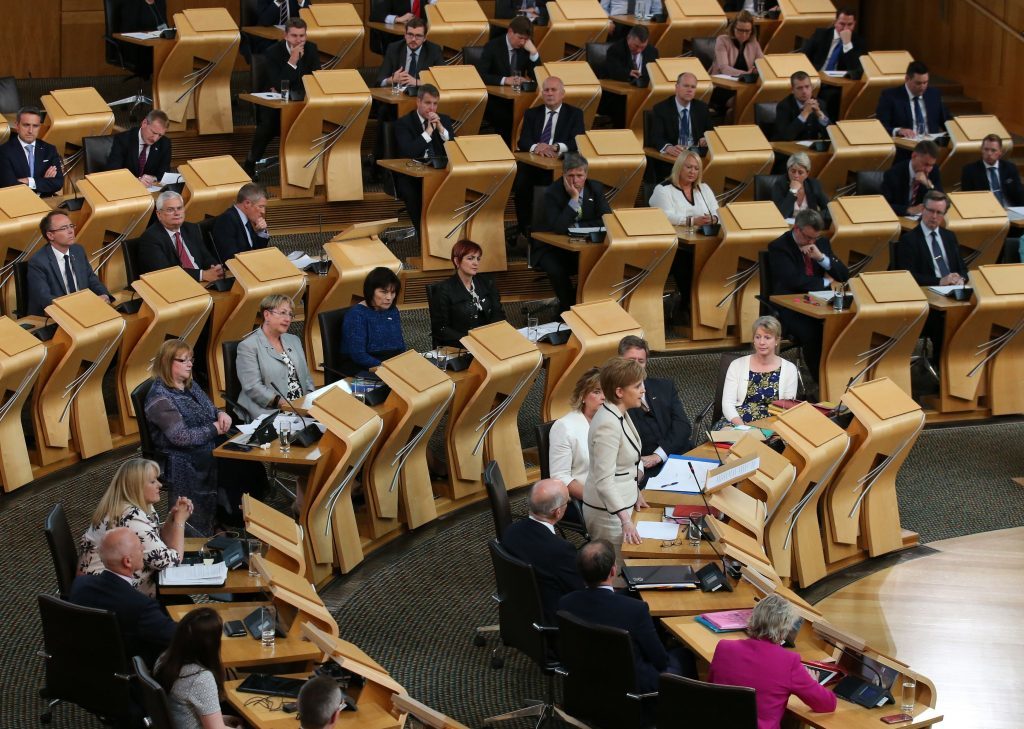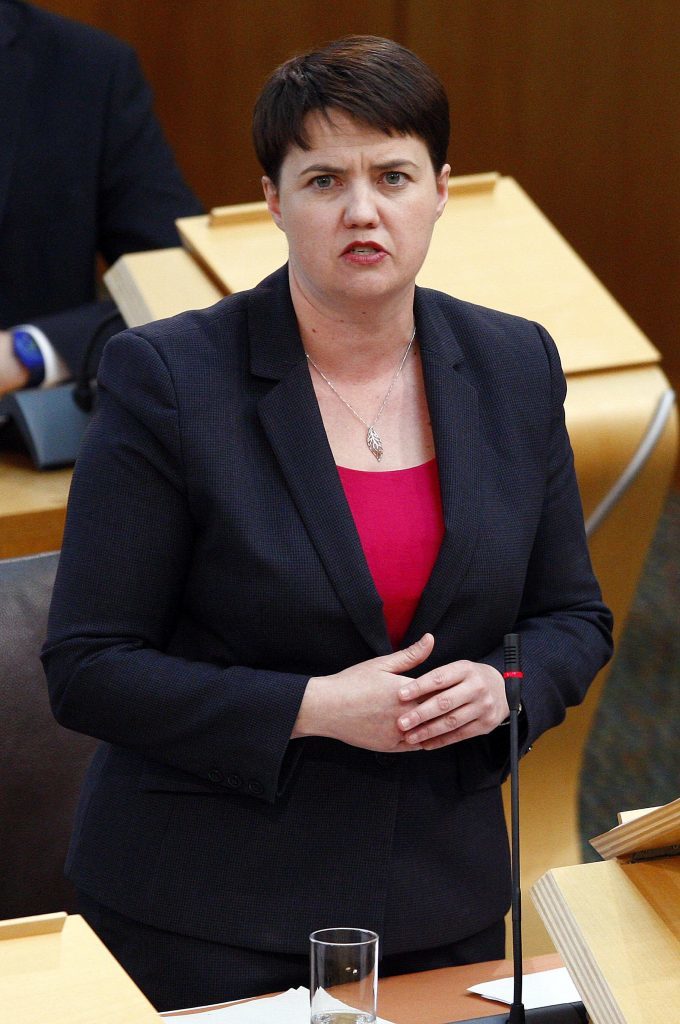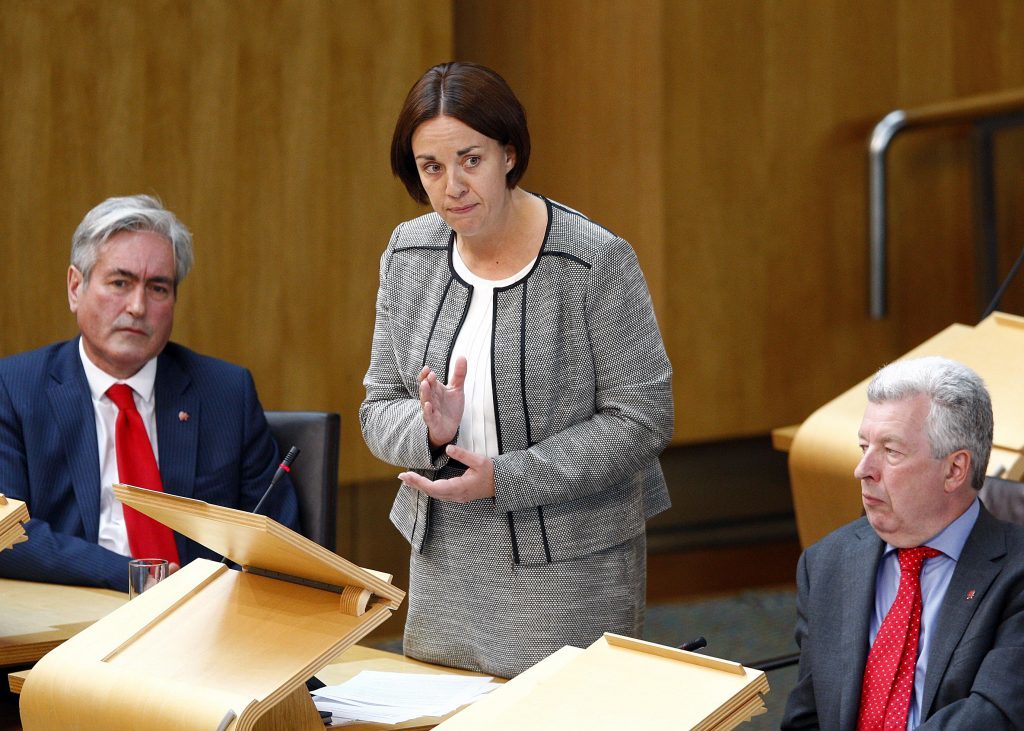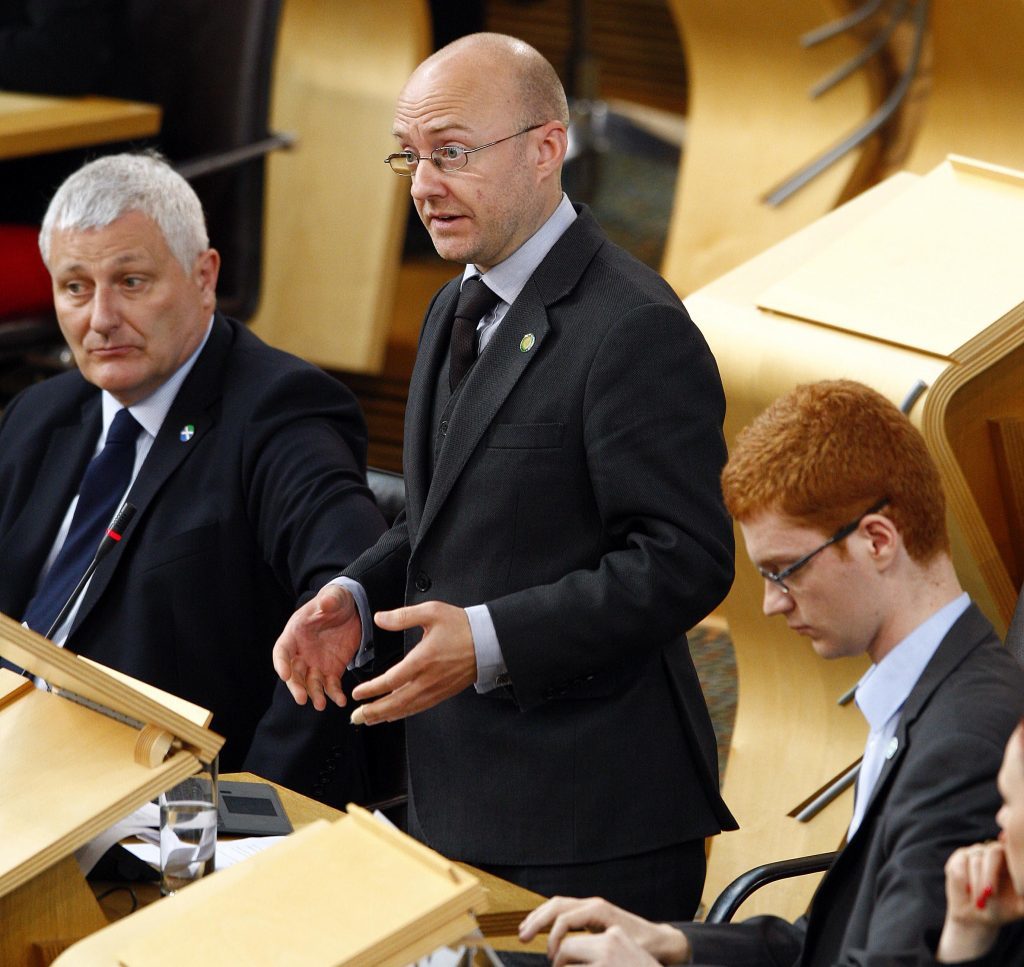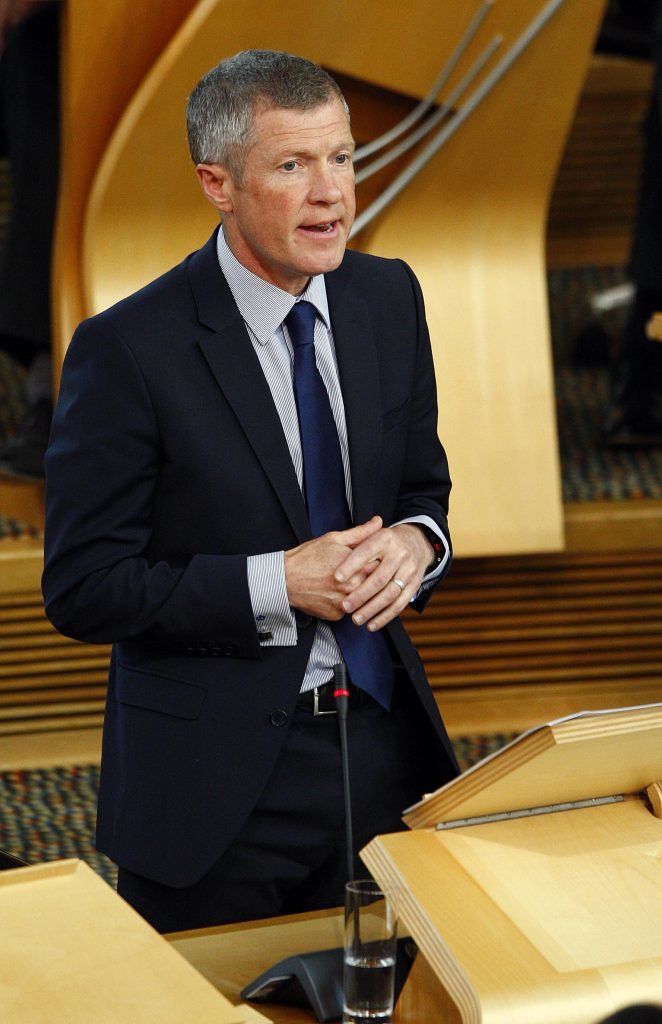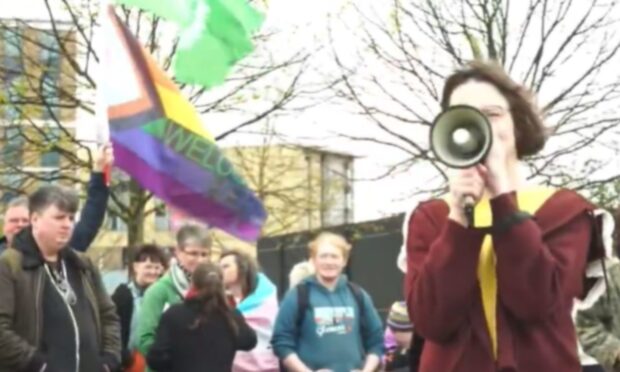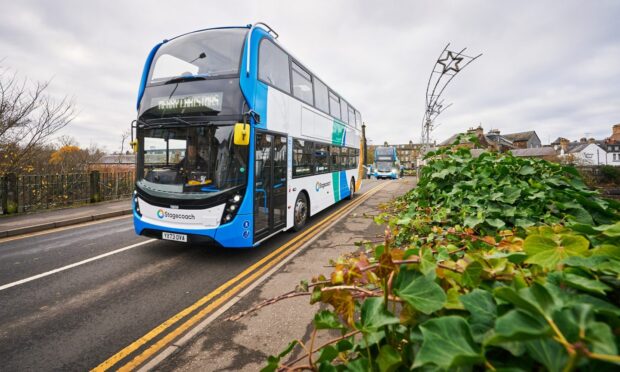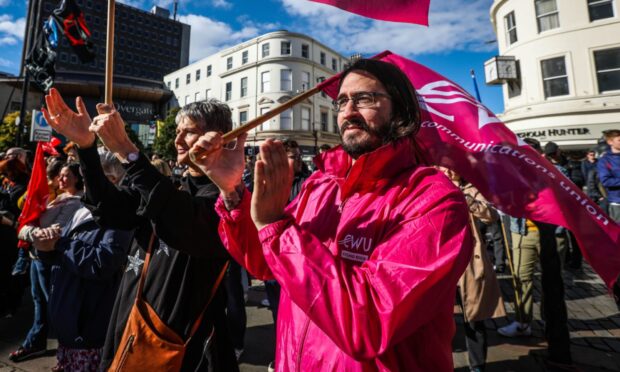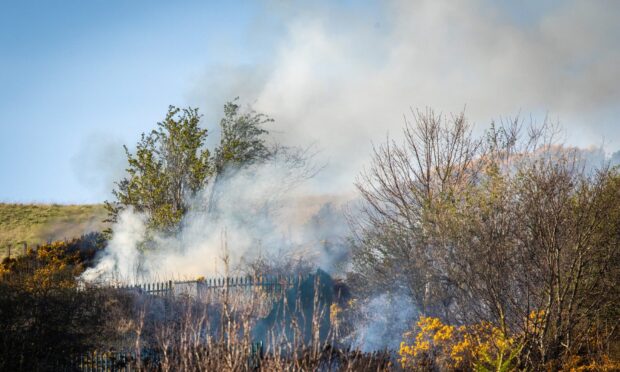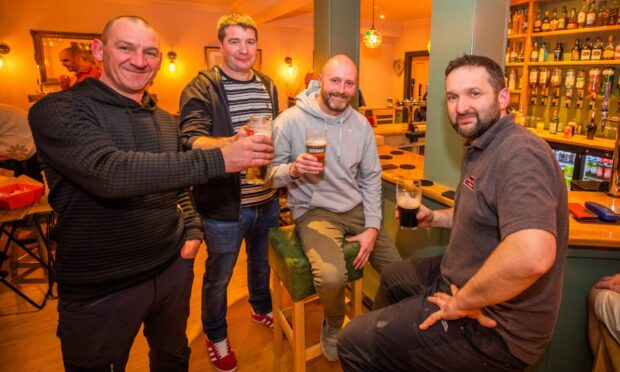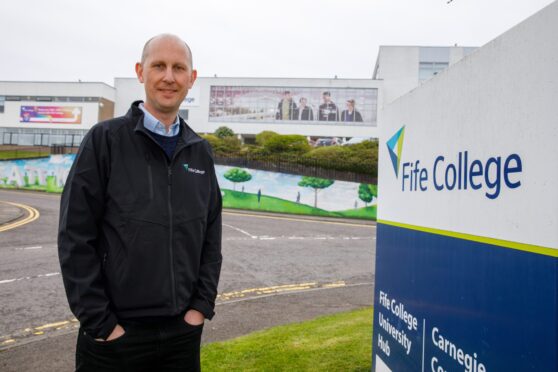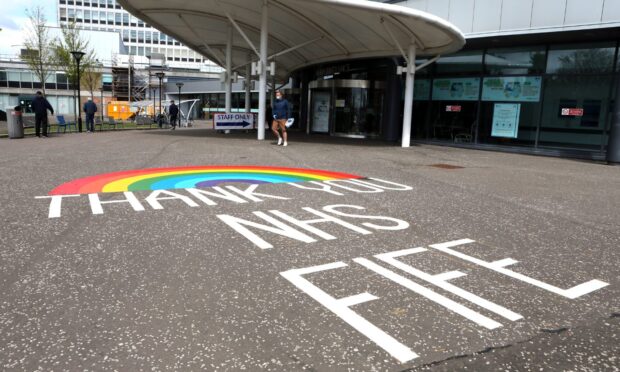Nicola Sturgeon will return to Holyrood to propose a second independence referendum if the Scottish Government concludes it is “the best or only way to protect Scotland’s place in the EU”.
The First Minister addressed the Scottish Parliament in an emergency debate following the UK’s vote to leave the European Union against the wishes of 62% of Scots who voted to Remain.
She is seeking a mandate from Holyrood to defend Scotland’s interests and is due to travel to Brussels on Wednesday to meet European Parliament President Martin Schulz.
Holyrood’s Presiding Officer Ken Macintosh said he may recall parliament during the summer to respond to the emerging situation in Europe.
Ms Sturgeon said: “Scotland spoke clearly for Remain and I am determined that Scotland’s voice will be heard.
“I want to be clear to parliament that whilst I believe that independence is the best option for Scotland – I don’t think that will come as a surprise to anyone – it is not my starting point in these discussions.
“My starting point is to protect our relationship with the EU.”
She said Brexit was “a very real and material change to Scotland’s circumstances”.
She said: “During the independence referendum, we were told that staying in the UK meant we could benefit from having guaranteed access to the EU – that was a driving factor in many people’s votes. That is no longer true.”
Removing Scotland from the EU against the will of its citizens would be “democratically unacceptable”, she said.
“Everything must be on the table to protect our place in Europe – including a second independence referendum,” she said.
“To ensure that the option of holding a referendum within the time frame of the UK negotiations on leaving the EU is viable, we will prepare that legislation now.
“However, let me be clear about this – if the government does conclude that the best or only way to protect Scotland’s place in the EU is through a referendum on independence, we will return to Parliament with that judgement and it will then be for Parliament to decide.
“I am emphatically not asking parliament to endorse that step today. A vote on this motion is not a vote for a referendum on independence.
“I hope that this clear commitment will remove any reason for the Conservatives not to back the motion today.”
With both the Conservative Party and UK Labour in turmoil, Ms Sturgeon said: “These times call for principles, purpose and clarity – in short, for leadership.
“This is why the vacuum that has developed at Westminster is so unacceptable.
“Politicians who proposed this referendum – no matter how bruised they feel by the result – have a duty now to step up and deal with the consequences of its outcome.
“Those who campaigned for a Leave vote – making a number of promises in the process – must now be clear and honest about their plans to deliver.”
She insisted there cannot be “three months of drift” while both government and opposition parties hold leadership contests.
Ms Sturgeon said she would prioritise reassuring those from EU countries living in Scotland, talking to businesses and organisations affected by the period of “damaging uncertainty” and the “overriding” concern of protecting Scotland’s place in the EU.
She announced the establishment of a standing council of experts to provide advice to the Scottish Government on how best to achieve this.
The First Minister has appointed Professor Anton Muscatelli to chair the group, which she said will “advise Scottish ministers throughout our negotiations on the best way to secure Scottish interests and objectives”.
Mr Macintosh said: “The consequences of the EU referendum for Scotland are clearly complex and will take some time to fully emerge.
“I am determined that the parliament is able to play a full role in this process, that we are able to be a voice and able to provide a platform for every voice in this debate to scrutinise the reactions of the government in this matter.
“I am determined that the parliament is able to respond to events as they develop and I have therefore instructed the parliamentary authorities to ensure that resources are available over the summer recess if necessary to support the recall of parliament should I deem it necessary.”
The Scottish Conservatives sought to amend the motion put forward by Ms Sturgeon by recognising the two million people who voted No to Scottish independence in 2014.
Party leader Ruth Davidson said that while she was “deeply disappointed” by the EU referendum result, she believed Scotland was better-placed to face up to future challenges as part of the UK.
She called on Ms Sturgeon to negotiate on Scotland’s behalf as part of the UK rather than unilaterally.
Ms Davidson said: “If the Scottish Government wants to explore Scotland’s options within the United Kingdom, then we can support her in that.
“However, it is after this stage that we have concerns with the Scottish Government’s approach in the days since the result.
“I cannot ignore the fact that, within hours of the vote becoming clear on Friday morning, the Scottish Government had pushed questions of independence front and centre.”
She added: “I’ve heard the First Minister telling us that this motion today is nothing to do with independence.
“And yet, in the days since the result last week, it feels to many people across Scotland that the SNP is talking about nothing but independence, and has done so again today.”
Ms Davidson continued: “The First Minister speaks of people in Scotland who are worried and outraged at the EU result.
“I feel duty-bound today also – to speak up for the many people in Scotland who have contacted myself and my colleagues in the last few days to say they too are worried, deeply worried, about the prospect of another referendum on independence.
“That is why we have included our opposition to this prospect in our amendment today.
“You do not dampen the shockwaves caused by one referendum by lighting the fuse for another.
“Nor by saying that the economic impact of leaving one Union means you should sever ties with a greater Union whose value in trade eclipses the former many times over.”
Ms Davidson said her arguments in favour of a No vote in 2014 were not based just on economic risks but also on the belief “that we in Britain had more in common than that which divides us”.
She said: “I know many people are hurt by last week’s result – including some who voted No in 2014. I am one of them.
“But the lessons of last week’s referendum are not a simple ‘them and us’ . Not when a million of our countrymen voted to leave too. The lessons are far more profound.
“Do we have more in common across the UK than that which divides us? Yes – we have way, way, too much in common – people who feel disempowered and voiceless, anger at the way power has been abused, in politics, finance and the media, frustration at a lack of access and of barriers to social mobility and a growing sense of insecurity among families who feel the world is passing them by.
“These are the questions we must face up to as the country reflects on this debate, and they affect us all, no matter which part of the United Kingdom we are from.
“These are the questions we should be answering – not repeating the same old arguments of the past.”
Scottish Labour leader Kezia Dugdale said her party would support Ms Sturgeon’s motion for a mandate to have discussions with the UK Government, devolved nations and EU institutions.
She said: “The priority must be securing jobs and the rights of workers.
“All options for protecting Scotland’s place in the single market must be explored, including a federalised United Kingdom which could see those nations of the UK who voted to remain, retain their membership or achieve associated status.
“The Labour Party stands ready to offer assistance where we can to the government, but that support is not unconditional. This Parliament will soon go in to recess and not return for two months.
“It used to be said a week was a long time in politics. A day in British politics just now feels like a lifetime, in that context two months is an eternity. A recall of parliament can’t be ruled out.”
She added: “So, the First Minister may leave this chamber with the faith of these benches to speak to Europe in the best interests of securing Scotland’s future in both the EU and the UK.
“But that faith can only be maintained by regular communication, involvement and briefings from the government to opposition parties.
“A faith maintained by a continued understanding that as First Minister she travels to Europe with a duty to represent Scots that voted both Yes and No, Scots that voted both remain and to leave.
“But that faith would be betrayed if the First Minister tries to present our support for this motion as support for a second independence referendum.”
Turning to the Tories, the Labour leader said: “Let me warn Ruth Davidson that she had better not dare to suggest that Labour’s failure to back her motion is somehow a failure to back the United Kingdom.
“The Tories have put the future of the UK in danger at every turn and it’s high time they shouldered responsibility for that.”
Patrick Harvie, co-convener of the pro-independence Scottish Greens, backed the First Minister’s preparations for another independence referendum.
The SNP was reduced to a minority government in May leaving them without the required votes to legislate for another referendum on their own, but the Greens six MSPs could provide the required votes.
Mr Harvie said: “It may be that after exploring all options far more people than voted Yes in 2014 may conclude that independence is the only way to achieve it,” he said.
“The 2014 (independence referendum) result is now fundamentally superseded.
“I would remind chamber of a comment from the Better Together campaign on September 2 2014, just weeks before that referendum: ‘What is the process for removing our EU citizenship – voting Yes.’
“People who voted in 2014 did so on a false prospectus, a false promise that their membership of the EU would be protected in those circumstances and it has not been.
“I have personally spoken to people, strangers and friends across the political spectrum, and yes I even have friends who voted Tory who told me that they are ready to re-evaluate the No vote that they cast in 2014 and no-one has the right to close that position down for the people of Scotland.”
He added: “We will certainly support the actions that the First Minister has set out in preparing the ground for a further independence referendum, should it prove necessary and should it be the will of the people of Scotland.”
Scottish Liberal Democrat leader Willie Rennie said: “I hope David Cameron is feeling guilty, he should feel guilty for imposing the divisions of his party on the country, and that responsibility applies to every single Conservative in this parliament, including Ruth Davidson.
“They sparked this economic and constitutional crisis. Ruth Davidson is not defender of the Union, she is undermining it and no Tory amendment today can hide that truth.”
Mr Rennie continued: “The First Minister knows that I oppose another independence referendum. I made that commitment during the election only last month.
“Today’s motion does not endorse independence. The First Minister has made that clear. I welcome the First Minister reaching out to other parties to engage in the negotiation process.
“I immediately agreed on Friday to participate as long as it is not a cunning plan to deliver independence.
“I want to explore options – whether it is the bizarrely-named reverse Greenland; working with London, Northern Ireland, Gibraltar or some other arrangement.
“But we need to fully understand before we move ahead, and rushing head-long to independence will undermine those efforts.
“There is so much we simply do not know. Making decisions when we do not know should be one of the lessons from last week.”
Conservative MSP Adam Tomkins said: “To my mind, Leave should mean that we retain full access to the EU’s single market.
“We may be in uncharted territory, but there are still some things we do know, and one thing we know is that leaving the EU’s political institutions does not mean that we have to leave the EU’s single market for there are several countries, including Norway, a place the SNP often likes to talk about, who have just such an arrangement.
“At the moment it is outwith the legislative competence of this parliament to enact law that’s incompatible with EU law. Now we as a parliament could perfectly easily maintain that rule even after the UK ceases to be an EU members state.”
